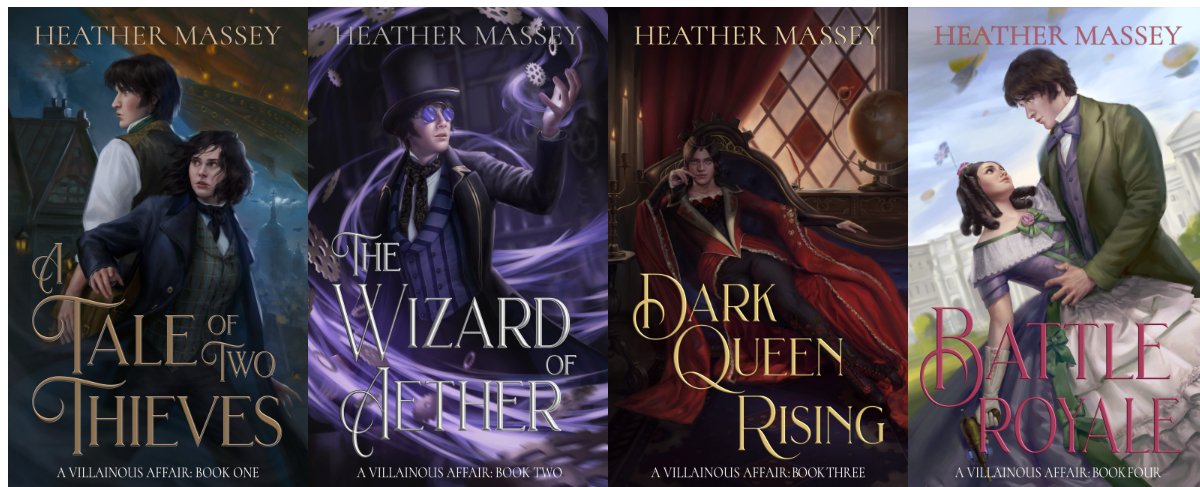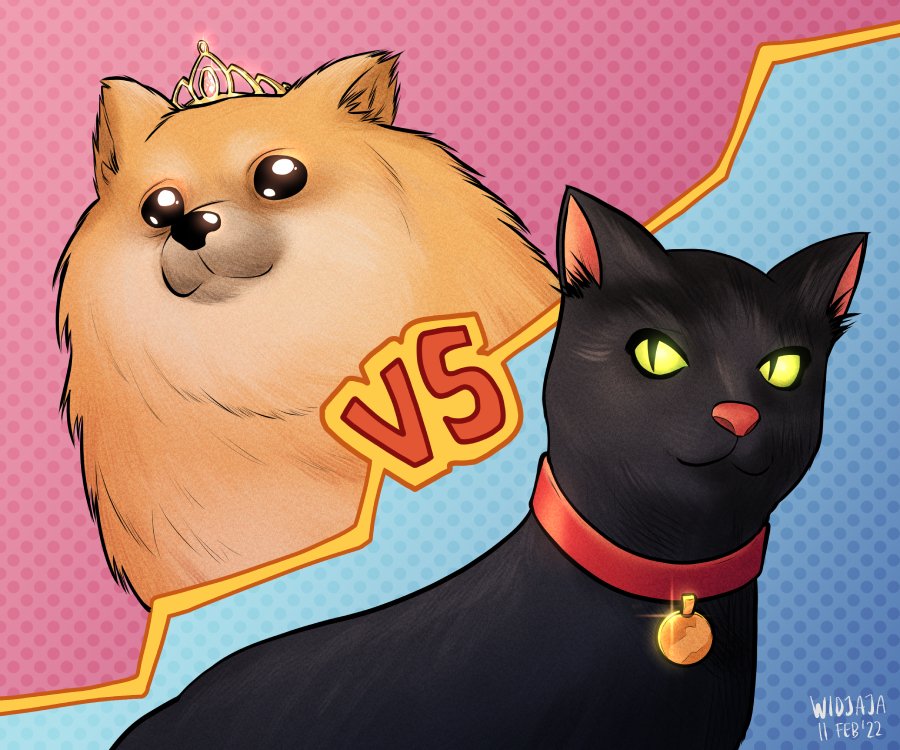Dear Book Marketing Expert
Dear Book Marketing Expert,
Greetings! My name is Heather Massey and I’m an author of self-published science fiction romance ebooks. I appreciate that some of you have offered services to self-published authors—and I also have questions about what that means.
I’d like to pick your collective brain for broad information about the efficacy of book marketing strategies in the age of self-published ebooks. What are the goals of a book marketing expert who provides services to self-published authors?
Most importantly, how realistic are those goals?
My perspective is that of a marginalized author (queer, cis female, and biracial), but also as a reader who loves discovering new-to-me authors of this genre. I especially enjoy reading SFR books by marginalized authors of all types who write niche and underrepresented SFR. Unfortunately, those books can be difficult to find.
I have sometimes discovered sci-fi romance books through unbelievably convoluted/serendipitous ways. Some of my book discoveries happen because I’m willing to conduct deep dive searches to find books up my alley. Many readers either don’t have that kind of interest, time, or adventurous spirit to take such risks, so it’d be helpful to have more specific information about how book marketing experts can help marginalized and underrepresented self-published authors maximize their book marketing efforts.
As a book marketing expert, you’ll likely work with an author to develop a marketing plan. You’ll outline what said plan will entail as well as the timeline to roll it out. You’ll analyze an author’s social media and evaluate their website. Perhaps you’ll offer a comp title analysis or recommend marketing strategies such as a newsletter. I imagine there are other assessments you’ll make as well.
Many self-published authors lack the traditional infrastructure required to market their books on a mass scale, so my questions are not about spending thousands of dollars to market our books to a mainstream audience. Rather, how can your book marketing expertise help an author like me sell, say, 10 books? A low number, to be sure, but I’m just keeping it real!
Never mind the fact that if a self-published author pays for your expertise, they’ll want a reasonable idea of how fast they can recoup the investment in your book marketing services.
Are Comp Titles In Book Marketing Worth It?
Now, about that comp title analysis. My understanding is that comp titles, specifically when requested by literary agents/publishers, often serve as a form of gatekeeping to keep out stories by marginalized authors. Many authors have publicly recounted their struggle to identify comp titles when books like theirs have been routinely rejected by the Big Five publishers. Numerous self-published authors go the indie route because that’s the only way they can connect with readers who need such underrepresented books.
How does a book marketing expert approach a comp title analysis when comparable books for a self-published author might not even exist? And not exist by design because that’s been one way traditional publishers create systemic barriers for marginalized authors.
Given the status quo, color me curious about how a comp title analysis will help an obscure self-published author like me. Start with my steampunk romance saga A Villainous Affair. Read the quartet and then find a truly effective comp title (presumably one by a trad-published author? Is that what it would take to effectively market my books to potential readers?). I’ll wait.
Covers for Heather Massey’s steampunk romance quartet A Villainous Affair: A Tale of Two Thieves; The Wizard of Aether; Dark Queen Rising; Battle Royale. Artist Elizabeth Peiró illustrated these gorgeous covers.
By the way, do book marketing experts read the books of the clients who pay for their services? If I hired you, would you read any of my books to properly determine comp titles? We don’t want to mislead readers, right?
I’ve read numerous self-published sci-fi romances that don’t have an equivalent among the trad-published SFRs I’ve read. In some cases, the self-published books don’t even come close to resembling trad books, and that’s because mainstream publishers have avoided such sci-fi romances like the plague. That’s just one example of how a comp title analysis could be a challenge for some self-published authors.
The Fame Game: To Play Or Not To Play?
Self-published authors routinely lack the fame/celebrity pedestal that many readers seem to automatically grant to trad-published authors. How will your book marketing expertise help an obscure author overcome the “publishing is a popularity contest” obstacle?
Do book marketing experts recommend that self-published authors develop a cult of personality to attract readers? Fake it till you make it? Can authors effectively market their books without having to put on a dog and pony show, game the system, or cause online drama for attention?
In other words, what advice do book marketing experts give to self-published authors who want to use ethical and effective best practices? What are the book marketing strategies for authors who aren’t interested in seizing power to sell their books?
What if I want to share power? What would that kind of marketing plan look like?
In your expert opinion, do incentives like book swag, exclusive sneak peeks at a WIP, ARCs, and access to an author hold the same weight/attraction for a reader whether an author is traditionally published or an obscure self-published author? Will your book marketing advice account for the differences between those types of authors? In other words, when self-published authors pay for your services, are you giving them the same advice you’d give trad-published authors? And if so, why?
I imagine book marketing experts might also evaluate an author’s photo. Many romance author photos are clearly designed to project conventional beauty, wealth, and celebrity status. These images are positioned to project to readers that the author is Someone Important. What marketing strategy would give an author a competitive edge in this area if they don’t have any of those things?
When it comes to new-to-them self-published books, some readers think, “I haven’t heard of this author, so their book must not be any good/they as a person can’t be worth my time/attention/money.” They might believe this even if a self-published author can prove their books have been professionally edited and packaged. How do book marketing experts address this bias when evaluating strategies for a self-published author?
Social Media For The Win—Unless It’s A Losing Proposition
What type of advice do you provide when social media sites like Twitter are in such extreme flux that engagement/visibility seems to have gone down across the board? It’s one thing to do a social media evaluation when said social media is in peak working order, and quite another when self-published authors are facing obstacles of dysfunction completely out of their control. When it comes to giving advice, how are book marketing experts adapting to these fluctuations?
I’m also curious about what type of advice you’d give to part-time self-published authors (e.g., parents, authors with jobs, or authors with jobs who are also parents) as well as authors who write slowly. Some of us can only release one book a year, let alone spend tons of time on social media.
Marketing Team Vs. Lone Wolf Author
Another book marketing issue I think about a lot these days is that many self-published authors work alone. They don’t have a publishing team who markets the book on their behalf (heck, even some trad-published authors lack this advantage).
Numerous self-published authors with limited resources/money use one or three social media sites to provide information about their book(s) rather than, say, hiring a publicist who leverages their contacts and influence to get other people to market the book.
Given the proliferation of self-published books in the age of social media, how do readers respond to this type of direct marketing? Do they trust the idea of authors marketing their own books? Are readers willing to hear sales pitches from self-published authors directly, or do they still prefer the methods that traditional publishers typically provide via intermediaries—and pay for? Have any book marketing experts examined this issue to determine best practices?
In Conclusion…
Whenever I reflect on professional book marketing, I wonder about whether a book marketing plan takes systemic barriers into account. The barriers faced by self-published authors can be economic, lack of time, an author’s identity/race/culture, or the types of books they write. Those issues are why I have questions about the services book marketing experts offer as well as their effectiveness.
Many self-published authors would jump at the chance to use successful strategies to reach more readers. The question is, to what extent have book marketing experts—especially ones who are willing to work with marginalized self-published authors of underrepresented stories—adapted to the ever-shifting landscape of publishing infrastructure, ebooks, and social media? How can they best help self-published authors market their books effectively in the context of significant systemic barriers?
***
Thanks for reading! A book marketing expert would likely advise me to plug one of my books now, so here you go:
My latest sci-fi romance book release is Julie & Winifred’s Most Excellent Adventure. It’s a humorous time travel and friends-to-lovers romance with queer MCs (bi/lesbian), adorable pets, found family, and geek fandom fun.
In Julie & Winifred’s Most Excellent Adventure, two time-crossed lovers join forces to stop a diabolical tyrant, only to discover that saving the world means having to end their romance.
Cover for Heather Massey’s time travel romance Julie & Winifred’s Most Excellent Adventure. This awesome illustration was done by Eileen Widjaja.
And check this out—Julie & Winifred’s Most Excellent Adventure has a book comp title: One Last Stop by Casey McQuiston. I read One Last Stop, so I know it’s an accurate comp.
The covers even share similar elements:
*both are professionally illustrated
*each features two female MCs—one butch and one femme
*one character wears a dress and the other wears pants
Cover for Casey McQuiston’s time travel romance One Last Stop. Illustrated by Monique Aimee.
A movie comp would be Bill & Ted’s Excellent Adventure, but you probably guessed that already!
Need more convincing? No problem! Two editors with a combined experience of 30 years worked on Julie & Winifred’s Most Excellent Adventure.
For a more exciting reason to give this book a try, watch the super fun trailer!
Book trailer for Heather Massey’s f/f time travel sci-fi romance Julie & Winifred’s Most Excellent Adventure.
Meet The Disaster Pets!
Shelby the pampered Pomeranian and Spritle the mischievous American Shorthair cat from Julie & Winifred’s Most Excellent Adventure. Illustration by Eileen Widjaja.
Julie & Winifred’s Most Excellent Adventure is available at many online retailers for the incredibly low price of $3.99, or you can borrow it for free from Hoopla! *throws confetti*
Post image by Gerd Altmann from Pixabay





